A Musician that Leads: Jacques Lacombe on Unlocking the Power of Creativity and Collaboration
Vancouver Opera's new Music Director shares his unique path to the podium and the lessons of teamwork he's learned along the way.
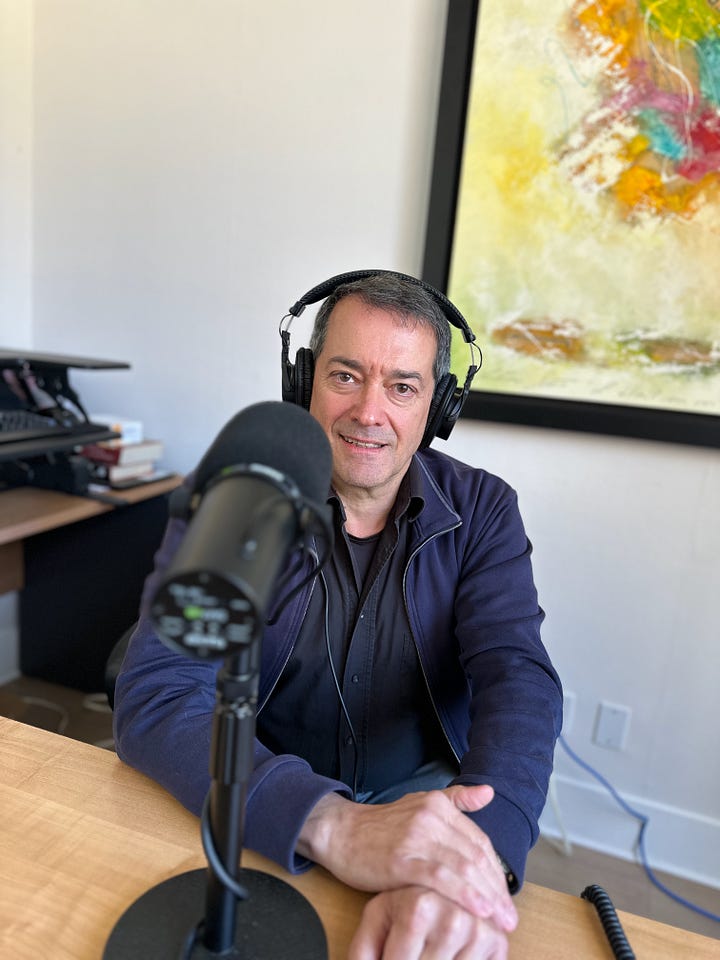
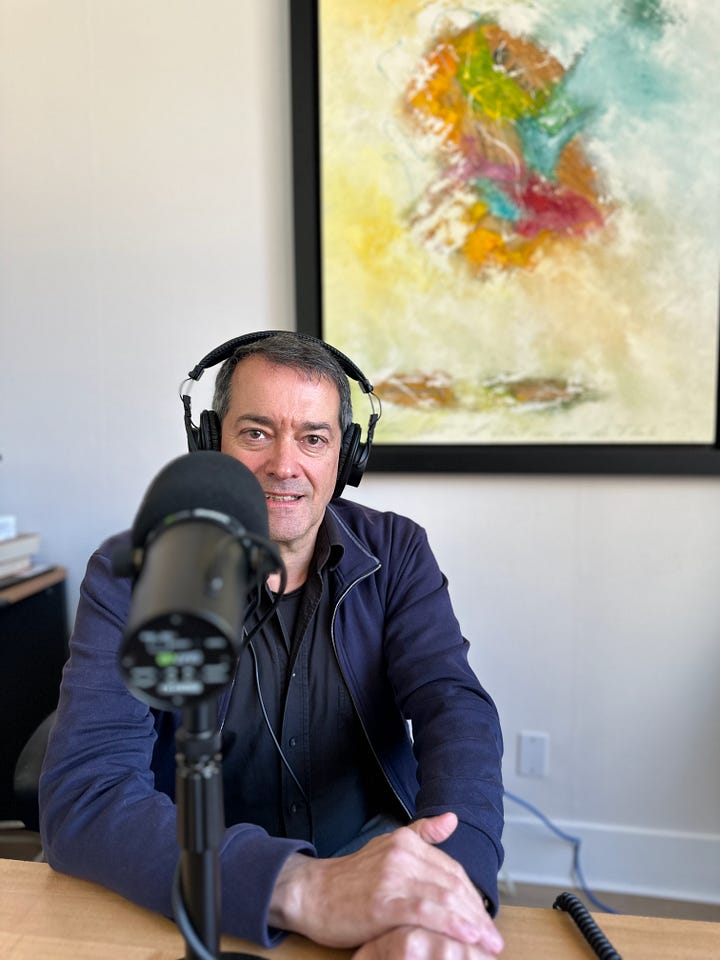
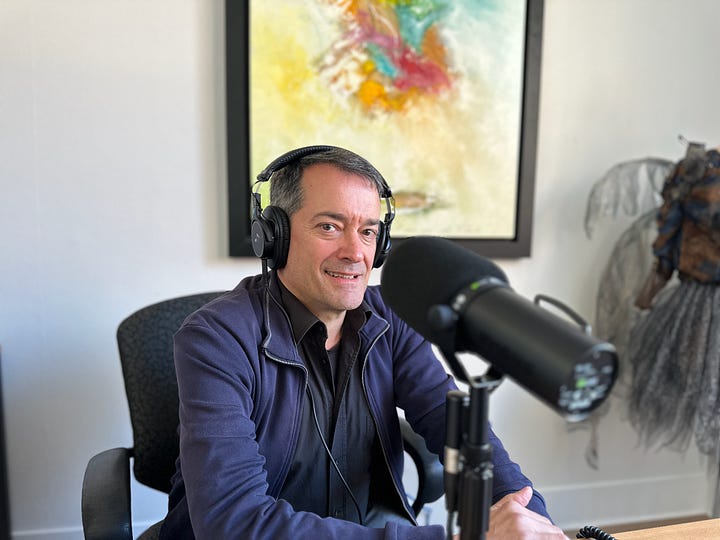
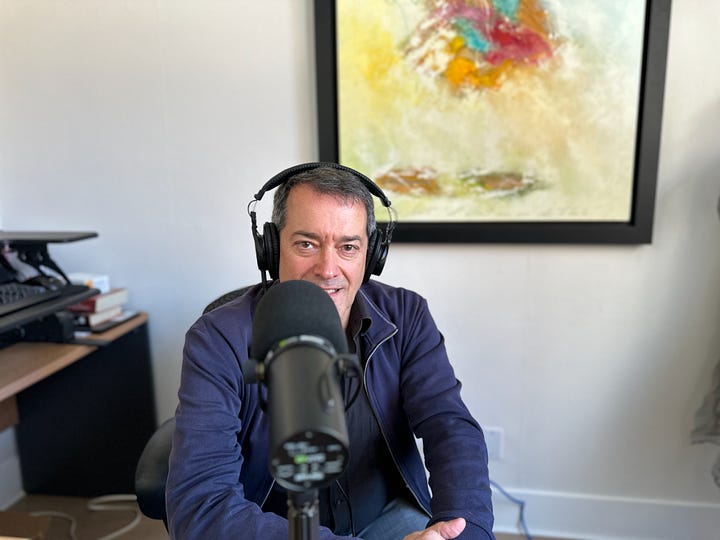
Join us for a conversation with Vancouver Opera’s new Music Director, Maestro Jacques Lacombe, in which he shares his passion for conducting, right from a young age discovering the organ.
You can also download the podcast on all major platforms including Apple Podcasts and Spotify.
Ashley Daniel Foot:
It's Inside Vancouver Opera. My name is Ashley Daniel Foot, and you hear the orchestra tuning. After the orchestra tunes, we wait for the conductor. And so today, we are very lucky to be in conversation with Vancouver Opera's new Music Director, Jacques Lacombe.
That’s the job of the conductor; it’s basically to put the musicians and the group itself in the best position to perform. But you’re not performing, they are doing the job. That’s how I conceive my role. - Jacques Lacombe
Jacques has worked all over the world, including at the Royal Opera House in Convent Garden, the Metropolitan Opera in New York, in Munich, Turin, Berlin, the Canadian Opera Company in Toronto. He's worked with some of the finest soloists all across the world from Yo-Yo Ma, to Emanuel Ax, to Joshua Bell, to Renee Fleming, to Joyce DiDonato; the list goes on and on and on. In addition to being the music director of Vancouver Opera, Jacques is the music director of the Orchestre classique de Montréal, and he has been the music director of the New Jersey Symphony Orchestra.
We also spoke with Taras Kulish, the executive director of the Orchestra classique de Montreál who shared his delight at Jacque’s appointment:
“As a former Young Artist with Vancouver Opera and as someone who has worked with Jacques for over 35 years, I am thrilled with his appointment. Jacques is, above all, a top notch conductor who looks at the big picture who knows exactly what he wants musically and how he wants it.”
Jacques Lacombe:
I was first trained as an organist. And fairly early after I started studying organ, I think I was 14 or 15 years-old, I was appointed the organist at the cathedral in Trois-Rivières, my hometown.
Where I was at the cathedral, they had at the time what's probably the best children's choir in Canada. They were doing very, very interesting repertoire. So the chorus master was a priest and a well-trained musician. And I forget if it was my first year or second year being an organist. I already had started study conducting, so we did the Mozart Requiem with the choir and an orchestra that I put together for this project. The chorus director, who was conducting the performance, asked me in rehearsal if I could conduct one or two movements because he wanted to hear how it sounded in the church. Because I don't know if people know, but very often the worst place to listen to an orchestra is on the conductor's podium.
Ashley Daniel Foot:
You don't say!
Jacques Lacombe:
Yeah. Sometimes you need... And that's part of the job, actually, to project yourself as if you were in the house and imagine how the sounds is back there. And one way to do it, sometimes, is with an assistant or you go yourself in the hall or wherever you perform. So the story is that that chorus master wanted to go in the church to listen for the balance and everything. And he asked me to conduct the two movements from the Mozart Requiem and I was like "Wow." Yeah, I got hooked.
Ashley Daniel Foot:
Do you remember what the movements were?
Jacques Lacombe:
I think it was the introduction, so the very beginning with the fugue, the Kyrie, and then I think it was the Tuba mirum.
Ashley Daniel Foot:
Oh, I love that.
Jacques Lacombe:
Yeah, yeah. So it was pretty cool and very special. And of course, when you're an organist I was the accompanist of this choir. So you also have this relationship with the members of the choir. So they were all so eager to see how I was conducting. And I was so well prepared that apparently, I looked like a fish on the podium because I was miming all the words and everything.
Ashley Daniel Foot:
And you started studying music at age 11.
Jacques Lacombe:
Music came to my life a bit like an accident. I'm the oldest in my family. My parents weren't musicians; my father was a shoemaker. It just happened that we moved in a house where there was a piano in the basement. It was an old mechanic piano with the rolls and everything. So then I start to bang on the piano and play stuff by ear. I had studied in a private school. In elementary school I had.. I sang in the chorus. I think we studied a bit the flute and the Orff instruments, like xylophone and stuff like that. So I knew how to read music a little bit, but nothing more than the general musical training given at that time in that school. And then we moved in that house, as I said, and then I start to play. And the first thing that I managed to play by myself was one of my dad's favorite tunes, which was The Entertainer by Scott Joplin.
When I was a kid, I was more into sports. I played hockey in the winter and baseball in the summer, but my parents saw that there was an interest for me in music. So when I was in sixth grade in our system in Quebec, so about 11 years-old, I decided to take piano lessons and I became a member of a boys choir. That sort-of became my family and slowly, that took a bit more time in my schedule, and the sport went a bit sideways out the window. And that's when I was 11. And when I was 18, I was appointed music director of that chorus.
But the choir that I was singing in Cap-de-la-Madeleine is one of the most beautiful organs in Canada. It's a Casavant from 1963. A beautiful, beautiful, beautiful instrument.
So when I was singing there and I was studying piano. So I became, when I was 12, assistant organist, meaning turning pages, pulling stops and stuff like that. And the organist told me, "In a few years when you're a bit more advanced on the piano, you could start to study organ." So decided to study organ when I was about 14, and then the church gig came fairly quickly after that at the cathedral. And my second organ teacher after that was a great, great musician. He opened my eyes to the possibility of becoming a conductor.
When I look back in when I was playing hockey or baseball, I liked to be in a team. And not leading in the sense of directing stuff, but just as bringing people together. I guess that's something that I really liked to do as a kid playing sports. As soon as I started to study music, when I first started on the piano, I would bring friends home. I would write little arrangements. And without knowing, I was already playing the role of a conductor.
Ashley Daniel Foot:
When we think of conductors of the past, sometimes there is a stereotype of a conductor being a tyrant and being scary. You’ve talked about how that’s absolutely not going to give you what you’re looking for as an artist.
Jacques Lacombe:
It would be very hard for a conductor nowadays to behave like old-time conductors, like Toscanini who could... Yeah, he was really frightening. From the very beginning when I start conducting, I always felt that I was first and above all a musician. A musician with that specific role of leading and conducting. In my approach, I also like to give room to the musicians to be able to express themselves. Of course, my job is to unify everything and to bring the concept and the interpretation and all of that, but to make it in a way that everybody feels involved and have their role, and all the roles are important.
Ashley Daniel Foot:
Thinking now about the differences between orchestral music and opera, as a conductor how do you approach those differences? How would you describe those for you and your process?
Jacques Lacombe:
It's more or less the same process except for the fact that of course in opera, you're dealing with different layers and elements. You have the text. You have all the elements of the human voice, the chorus and everything. And I have always thought that the most beautiful instrument on earth is the human voice.
Sometimes when I work with on symphonies or orchestral music, very often I force myself to start from the point of view how would you play that music if it was to be sung, because I think it's the most natural way to be musical because then you have the breath; you have the pacing of the phrase. And for me, I think it serves me as an orchestra conductor to work regularly with singers. I like to think that whenever I conduct a symphony or whatever orchestral work, it is influenced by my constant contact with singers.
On the other side, the fact of working at the opera, I can bring to that the experience of working in details with an orchestra, because the danger for someone who only conducts opera is eventually, without knowing it, to confine yourself in the sole role of an accompanist. And the role of a conductor in the pit is not only that, there's many aspects. Sometimes, of course, you follow, sometimes you lead. And in addition to that, you shape the colours of the orchestra because ultimately, the orchestra is also one of the characters very often in the opera.
Ashley Daniel Foot:
I've heard from other musicians that work for you that you don't often use a score now to conduct.
Jacques Lacombe:
It's not a goal, per se, but I find it very useful. Whenever I can conduct without a score, I prefer to do that. As a conductor, one way to communicate with people is to have people look at you somehow. And the best way I've found to have people looking at you, it's look at them. Then there's this exchange, this connection. So that's one element. The other thing is when you don't use a score, it forces you to see a bit further in advance what's coming. And I like to think that when performing, it gives you perhaps a better ability to have the longer view and to shape the music differently because then you go for the big form. Again, it's possible to do it obviously with the score.
And the other thing, it doesn't apply so much at the opera, although sometimes it does, but when I conduct symphonies, the fact of not having a music stand in front of me, the music stand somehow is like a miniature wall between me and the orchestra. And whatever I can get rid of that, then you feel that you're already at the heart and center of the orchestra. That's why I like to do that.
And it also allows you to travel light.
Ashley Daniel Foot:
You're our new Music Director of Vancouver Opera, and you're following in the footsteps of our Conductor Emeritus, Jonathan Darlington. I'd love to talk a little bit about what's exciting and what your plans are in the seasons to come in your new role.
Jacques Lacombe:
It's very moving for me to be here. I've made my debut with a company 20 years ago. And from the very beginning, I had an incredible contact with the musicians, chorus, and the team. My very first time I conducted in Vancouver, one of the first jobs I had was music director of the ballet, Les Grands Ballets Canadiens in Montreal. The ballet company in Montreal.
So that was my first contact with the musical scene in Vancouver. And musicians who played for that were, in part, members of an orchestra that doesn't exist unfortunately anymore, the Radio Canada, the CBC Chamber Orchestra, and they spoke about me to the management of CBC. And then I was invited and I did a few things with CBC. And of course some of those musicians were also playing at the Vancouver Orchestra, so I guess that's how my name became known a little bit here. And eventually, so I was invited the first time to come with the opera. And ever since, I think I've done some 10 productions or so with the company, so that mean almost every other year I was here.
I've always had a good rapport. I love this city. I mean, I love this place and just the vibe of the company. Each time I came, I've always had good experiences. I work, as you said, all over the place. I've had positions in Europe, I've worked quite a bit in the States… and after all these years, one thing that I find is probably the most challenging is how to build a team around you. A team that's capable of working together. And every single time I came here, I felt that the company was capable of doing that. So that's something very, very special that you don't find everywhere, so just to get the right people at the right place to put the interest of the show and to put yourself at the service of that, and it doesn't always happen like that.
And here, I've worked under different leaderships with the company, and I always felt that that was something that was constantly there. For me, that makes me feel really good to join a company like that. And as you've mentioned, I've had two very good processors, Jonathan Darlington and before that, David Agler.
Ashley Daniel Foot:
When you think of the moment that we're in an opera, there's so much discussion about the repertoire and how we're confronting and interrogating our repertoire. And that's tough in some ways to look at what work that's written so long ago, and we can always find numerous issues that we need to solve or deal with. I wonder how you think about that in terms of programming.
Jacques Lacombe:
One should never forget the past. Always remember your roots, where you come from, and that applies to our culture also. For good or bad things, if you refuse to look at the past because you see things that you don't like, I think it's the wrong way to go. It's to learn from what was good and what was not so good and try to integrate it into today’s society, hopefully. And in 20, 30 years, or 50 years from now, people will look at what we're doing and they will also have different take... So that's the normal process of the human evolution.
The key question is how to present those works, and even modern works and topics, in the best possible and respectful way. And I think that if you approach that with open mind, there's almost no limit as long as it's done with those parameters. And that always includes quality and honesty and respect for the work that you're doing.
Ashley Daniel Foot:
I was chatting with Les earlier today, Les Dala, our head of music, and he wanted me to remind you of a time when you were conducting Carmen.
Jacques Lacombe:
Oh my God. I think I know where you're going…
Ashley Daniel Foot:
Something happened, I don't know how it happened, when you're on the podium. And for a moment, you vanished from the conductor cam, because we have these cameras that are trained on you, and Les was like, "Oh, do I need to go on?"
Jacques Lacombe:
Yeah... I basically stabbed myself.
It happened very quickly. It was the beginning of act II of Carmen. Fortunately, we were doing the dialogue version, so once... The accident happened at the end of the first number in act two, the music goes faster and faster, And the baton that I use are handmade for me and I-
Ashley Daniel Foot:
Really? Where are they made?
Jacques Lacombe:
It's a friend of mine in Quebec who made them. And that, on opening night here, I used a new one and I noticed that the tip was a bit sharper. And at the end of that number, I hit my finger in my left hand and it went through the finger.
Ashley Daniel Foot:
What?!
Jacques Lacombe:
Yeah. I had a shock. And at one point, I just left it for a fraction of a second, and the thing was hanging to my finger. And I thought to myself, "It needs to come out, not to break." And then I was bleeding a little bit, so I put the other fingers to hold it. And as soon as the number was finished, I went down and asked the concert master, I said, "I need a band-aid." And one of the violinists had a band-aid and she gave it to me right away. I put it back, and I went on and carried on with the show.
It hurt like crazy.
Ashley Daniel Foot:
Oh my gosh.
Jacques Lacombe:
But yeah, as they say - the show must go on…
Ashley Daniel Foot:
What an amazing opportunity to hear some insights from Vancouver Opera's new music director, Jacques Lacombe. Well, my name is Ashley Daniel Foot, and you've been listening to Inside Vancouver Opera, a very special episode.
Be sure to get your tickets for our next opera, Don Pasquale, which coincidentally will be conducted by the maestro himself, Jacques Lacombe. Come and see all of the wonderful things that he was talking about. Your tickets can be purchased at vancouveropera.ca. As always, thanks to our wonderful audio producer, Mack McGillivray. And I'll see you at the opera.
Jacques Lacombe
Member of the Order of Canada and Knight of the Ordre National du Quebec, Jacques Lacombe hails from Trois-Rivières, Québec. He is the Music Director of Vancouver Opera, and the Artistic Director and Principal Conductor of the Orchestre Classique de Montréal.
Jacques has previously been the Music and Artistic Director of the Orchestre symphonique de Mulhouse in France, Principal Conductor of the Bonn Opera in Germany, Music Director of the Orchestre symphonique de Trois-Rivières, Music Director of the New Jersey Symphony Orchestra, Principal Guest Conductor of the Orchestre Symphonique de Montréal, and Music Director of the Philharmonie de Lorraine in France.
Inside Vancouver Opera is hosted by Ashley Daniel Foot, Vancouver Opera’s Director of Engagement and Civic Practice. Boundlessly creative and fascinated by the way that art is created and presented, Ashley has guided arts organizations across Canada to craft messages and tell unique stories. At Vancouver Opera, Ashley carefully develops all programming that takes place off the mainstage and looks for unique and unexpected ways to highlight the power of opera in the community. He also manages all education, community partnerships, and guides the company’s commitment to justice, equity, reconciliation, and diversity. He’s particularly proud of his recent collaborations with with the Vancouver Public Library, BC Alliance for Arts and Culture, Vancouver Art Gallery, and Rumble Theatre. He is also the co-chair of the City of Vancouver’s Arts and Culture Advisory Committee.
Mack McGillivray - Audio Producer
Music Credits:
Prelude and Fugue in E-flat major BWV 552 by J.S.Bach, Performed by Kantor.JH (2006)
Kyrie and Tuba mirum and from Requiem in D minor K. 626 by Wolfgang Amadeus Mozart, Performed by Wiener Hofmusikkapelle and the Wiener Philharmoniker (1950)
“Votre toast, je peux vous le rendre” from Act II of Carmen by Georges Bizet, from Musopen






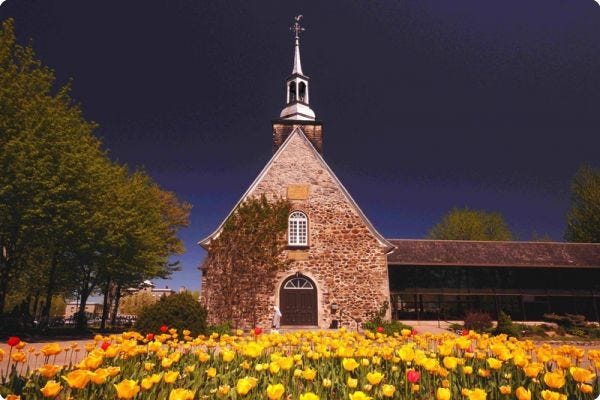
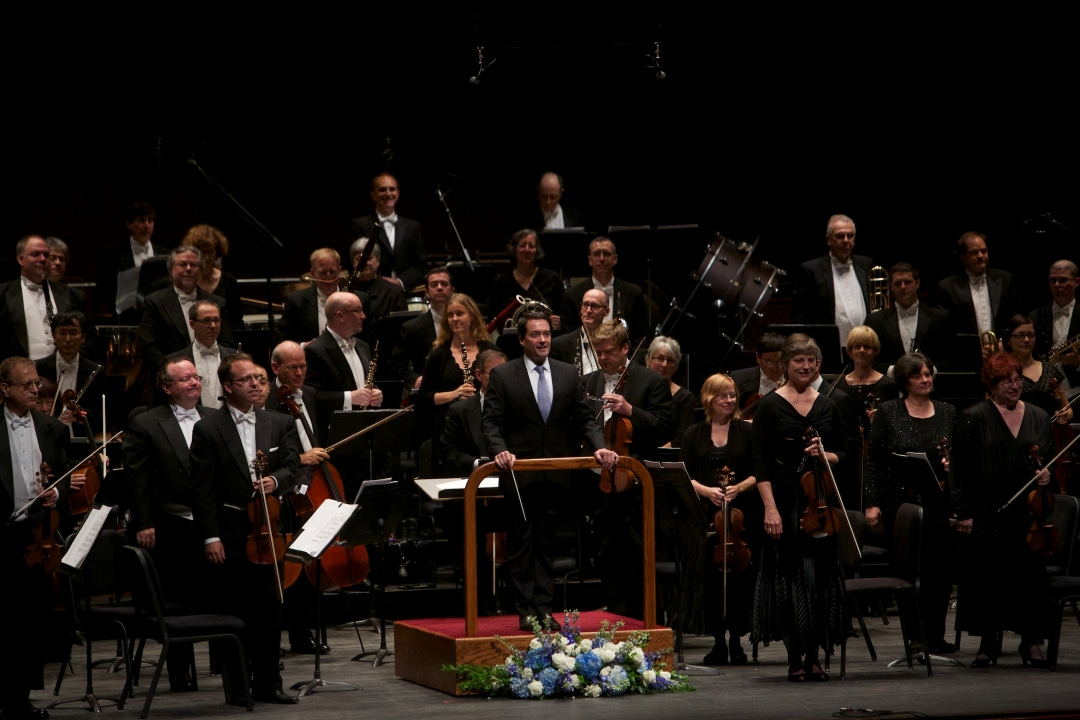

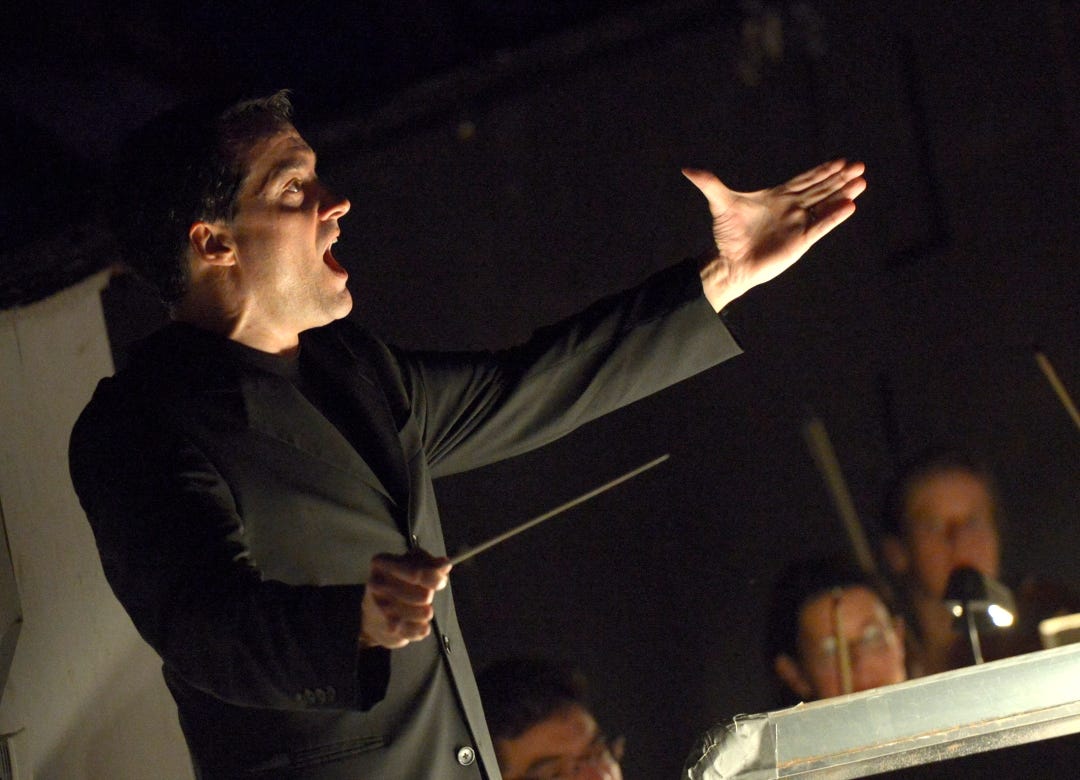
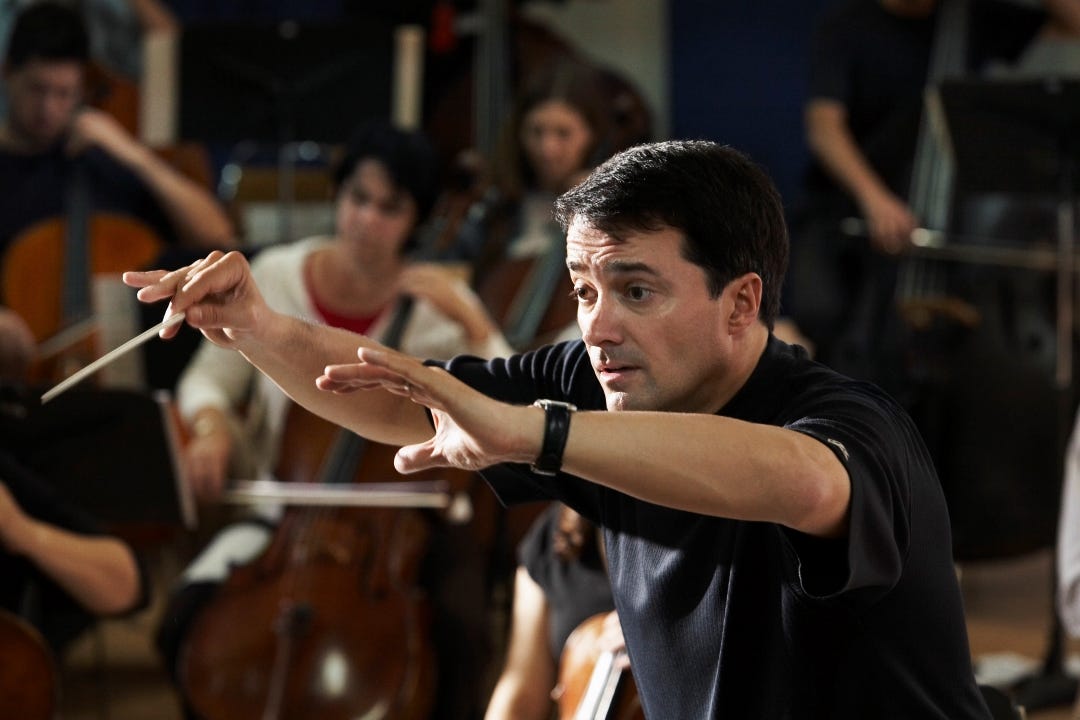


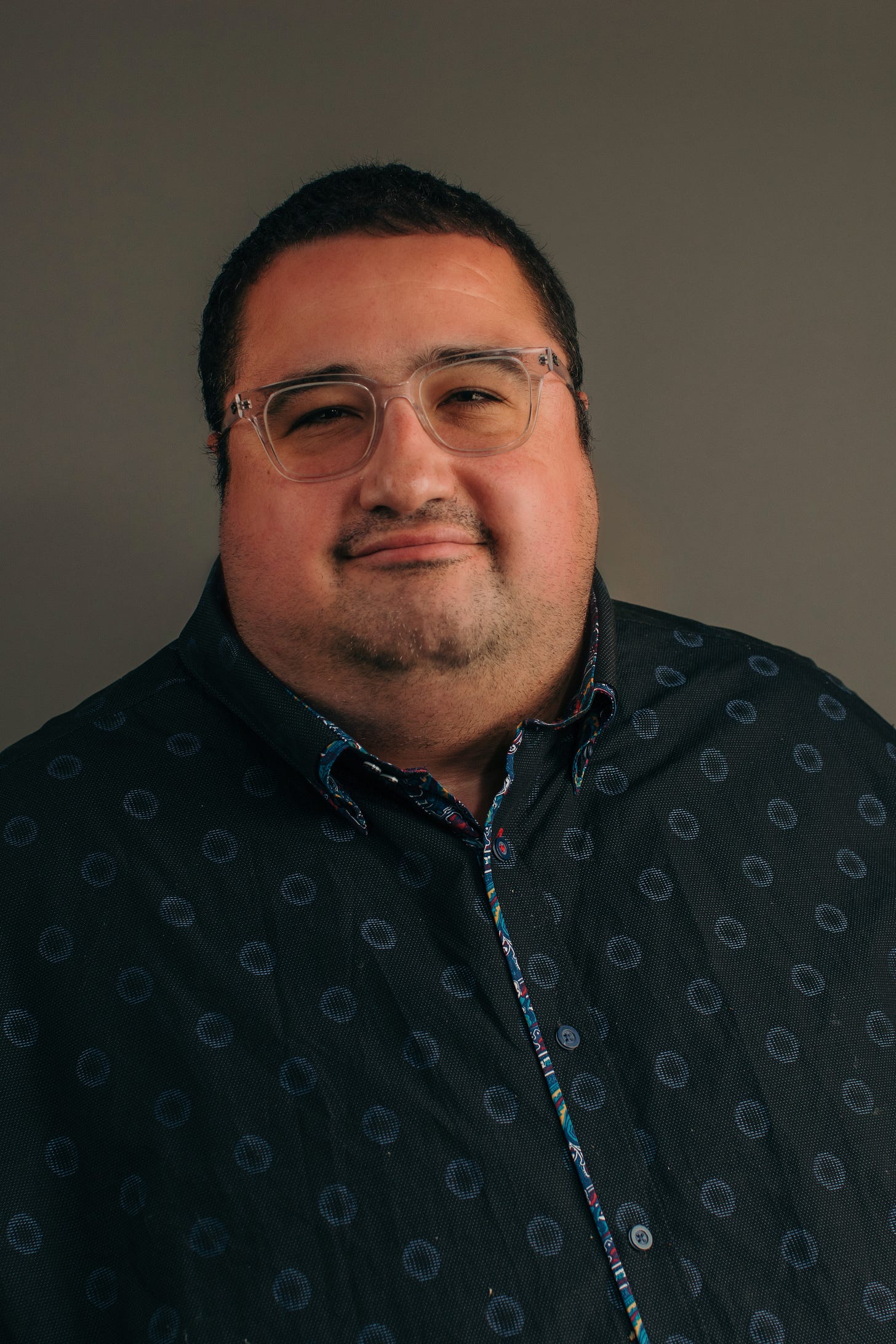
In the lilting anticipation set by an orchestra in tune, Ashley Daniel Foot’s conversation with Jacques Lacombe not only delves into the intricacies of conducting but paints a vibrant future for the Vancouver Opera under Lacombe’s baton. Lacombe’s globetrotting credentials are impressive, having woven musical narratives with major orchestras and a constellation of distinguished soloists. Yet, it’s his philosophy that truly resonates—a modern maestro’s stance that eschews the autocratic for collaboration, enabling musicians to express and connect, creating a harmony beyond notes.
Addressing the nuanced variances between symphony and opera, Lacombe's commentary reflects a maestro deeply sensitive to the unique textures of each form, with a particular reverence for the human voice as the pinnacle of instruments. This ethos appears to inform his approach, hinting at a direction for Vancouver Opera that prioritizes emotional authenticity and aural beauty.
His preference to conduct without a score speaks volumes of his intimate knowledge of the music and trust in his own vision and interpretation, an embodiment of the ‘longer view’ he seeks in performances. This physical removal of barriers between conductor and orchestra suggests an inviting leadership style that could permeate the entire Vancouver Opera, fostering a more cohesive and intuitive performance culture.
Lacombe's tenure seems poised to be one of connectivity—linking past experiences with current opportunities, embracing the city's vibrancy and the company's collaborative spirit. His respect for the Opera's legacy, coupled with an open-minded approach to both classical and contemporary works, promises a dynamic future that respects tradition while boldly embracing innovation.
The director's narrative is one of evolution, of learning from the past and of mindful presentation of operatic works. His commitment to quality, honesty, and respect bodes well for the Vancouver Opera, suggesting that under his guidance, it will continue to be a beacon of cultural significance and artistic integrity.